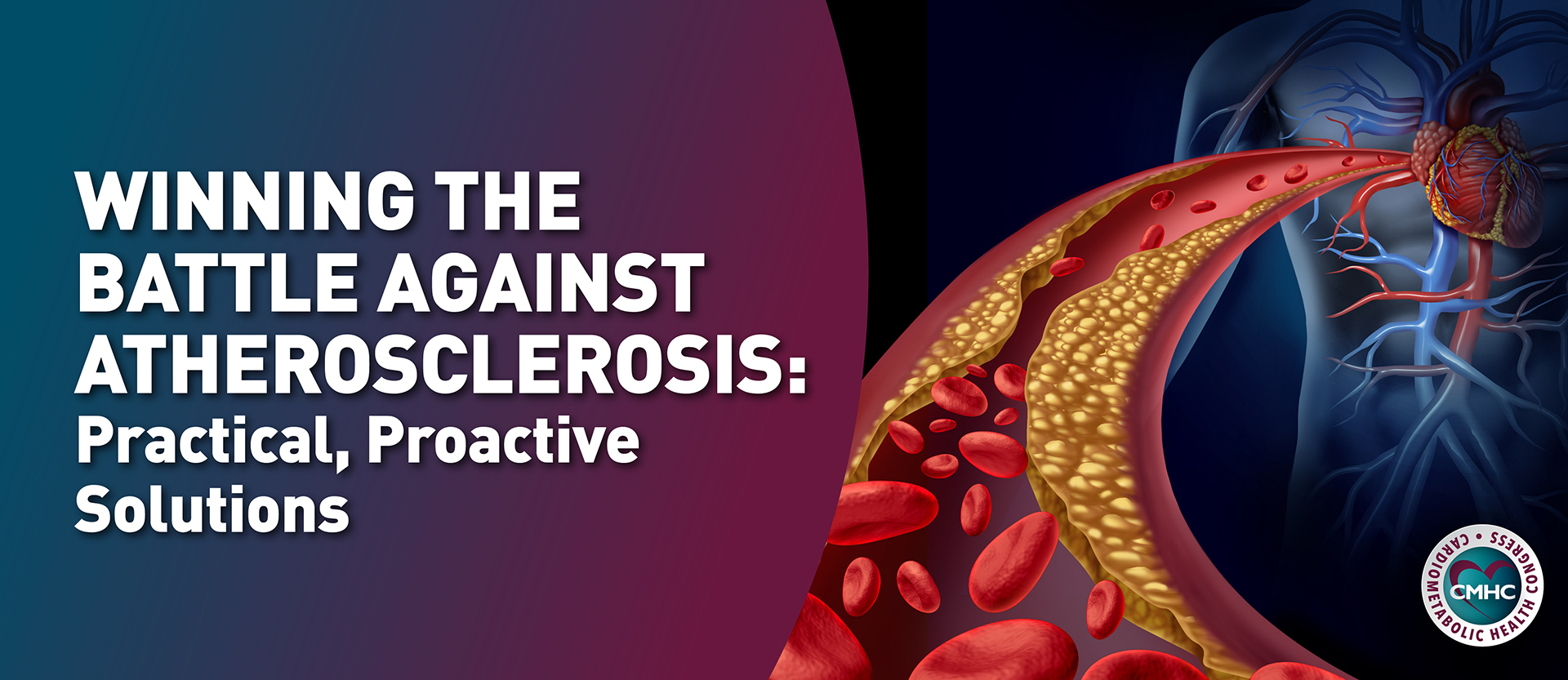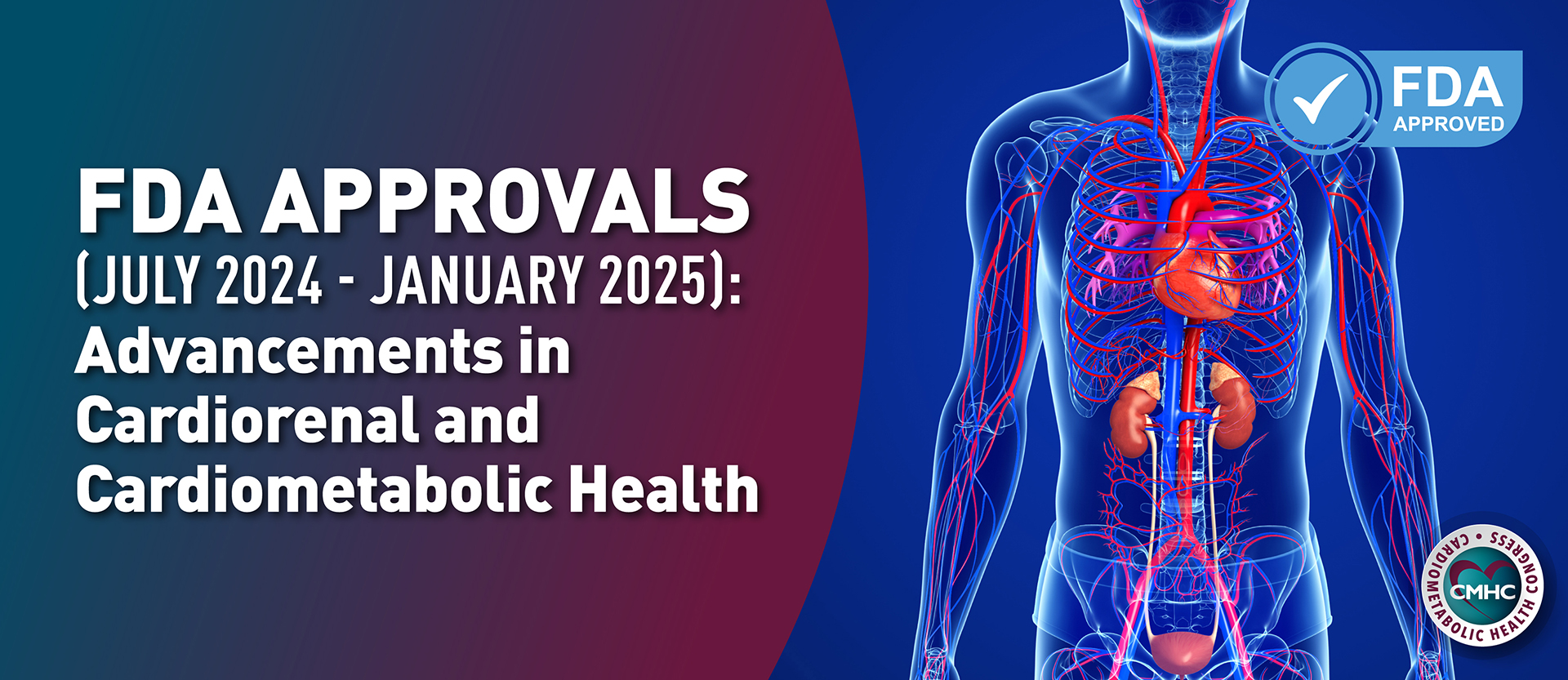It may sound like the result of a breakup or extreme sadness, but broken heart syndrome – also known as stress-induced cardiomyopathy or takotsubo cardiomyopathy – is a condition that can occur in response to many stressful life events. In the face of the COVID-19 pandemic, as many face loneliness, depression, worry, and overall stress and unease, cases of broken heart syndrome are on the rise.
Causes and symptoms
Takotsubo (or stress-induced) cardiomyopathy – known informally as broken heart syndrome – is heart dysfunction that occurs in response to sudden physical or emotional distress. Patients with broken heart syndrome usually recover fully in days or weeks, sometimes after receiving treatment to lower blood pressure and slow heart rate. In rare cases, broken heart syndrome can lead to major adverse cardiac or vascular events and death.
Some symptoms of broken heart syndrome are very similar to a heart attack, including chest pain, shortness of breath, irregular heartbeat, fainting, low blood pressure, and others. However, there are a few key differences between this type of cardiomyopathy and heart failure or heart attack. These differences include:
- EKG results differ from those of a person who has heart damage
- Blood tests show no signs of heart damage
- Imaging shows no signs of blockage in the coronary arteries
- Tests demonstrate ballooning and unusual movement of the lower left heart ventricle
- Quicker recovery (usually within days or weeks) than from a heart attack
The heart-brain connection
The interconnectedness of many processes, organs, and conditions – once deemed unrelated by Western medicine – are now being recognized more readily by the medical community. One of these complex relationships is the heart-brain connection, a link that is at the core of broken heart syndrome. Anecdotal cases of broken heart syndrome caused by the loss of a partner, family member, or other tragedy indicate that such distress becomes literal heartache. Clinical data, however, points to a physiological release of stress hormones inhibiting the heart’s ability to pump, causing it to beat irregularly instead of in a steady pattern.
Cleveland Clinic study
Researchers at the Cleveland Clinic recently published findings in JAMA Network Open from their study of 258 individuals with symptoms of acute coronary syndrome (ACS) amid the pandemic and compared them to four control groups of patients with similar ACS symptoms pre-pandemic. They found that the pandemic (study) group had a significantly higher diagnosis of stress cardiomyopathy than the control groups, with more extended hospital stays on average. None of the patients in the study group were diagnosed with COVID-19, leading researchers to hypothesize that the emotional stress of the pandemic – not infection itself – led to the rise in this form of cardiomyopathy.
Key takeaway
In response to the stress of the ongoing pandemic, providers should be cognizant of the increasing incidence of broken heart syndrome and aware of its presentations. Although this form of cardiomyopathy is severe and shares some heart attack symptoms, it is generally nonfatal and can be managed with clinical interventions.
Sources:
- https://wnyt.com/health/cardiologist-discusses-broken-heart-syndrome-capital-cardiology-associates/6392223/
- https://www.seattletimes.com/seattle-news/health/broken-heart-syndrome-can-be-dangerous-sometimes-fatal/
- https://newsroom.clevelandclinic.org/2020/07/09/cleveland-clinic-researchers-find-rise-in-broken-heart-syndrome-during-covid-19-pandemic/








